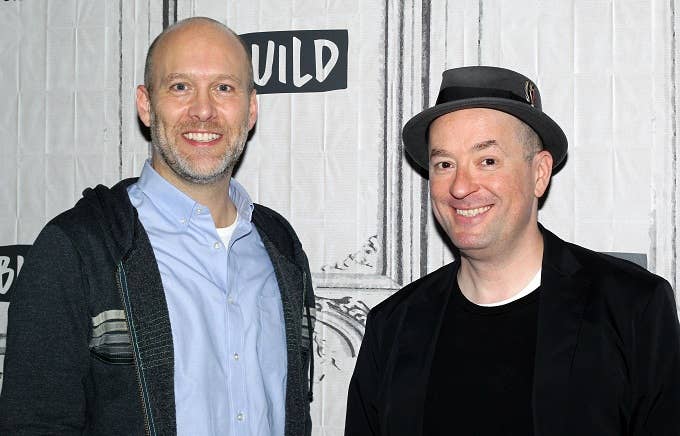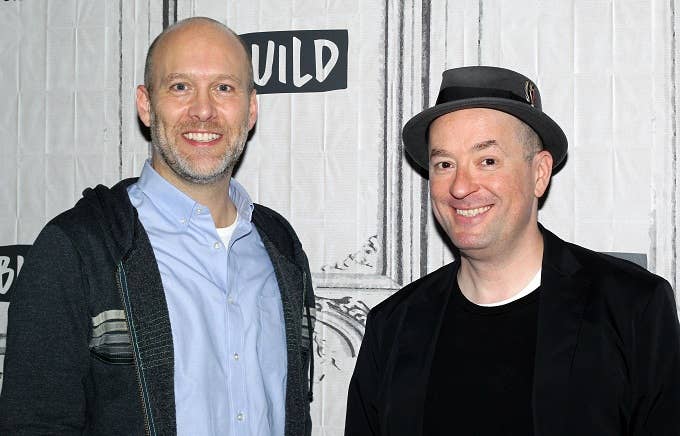
Now that fans have had enough time to digest the heart-breaking losses and endearing torch-passing moments of Avengers: Endgame, the MCU Endgame screenwriters are sharing how they decided who lived and who died in the battle with Thanos. In an interview with Variety, Stephen McFeely and Christopher Markus explained their motivations in bringing this era of Marvel movies to an end.
First off, they wanted fans to know that their decisions weren't based on contracts or other financial situations regarding the A-listers who fill out the superhero squad.
"I don’t know if finances or actors really had that much to do with it. What we were trying to do was lead with what’s best for the characters," said McFeely. "We felt that that meant that some characters might come to an end because they make an ultimate sacrifice and that’s the end of the journey for them."
Markus agreed that the heroes who met their fate got there naturally via the course of the story.
"Those paths demanded an end. It’s not a situation where you can roll out a James Bond movie every two years, where you just wanted him to keep going ’cause that’s what he does," he said. "So, it really is the rightful and fitting end for them. I think if we kept Tony alive or if we killed Cap, it would have rung false."
Given the care that the writers took to make the film seem like a logical extension of the 22 movies that came before it, they bristled at the idea that anything they put in the movie counted as "fan service."
"You know, a movie that is made to frustrate fans seems a little suicidal," said Markus. "Fan service is simply honoring the stories that have come before."
They also explained how they landed on Tony Stark's last words, saying that the decision was made during filming.
"We did not figure it out until late. In fact, that’s a re-shoot. We tried a bunch of things, they weren’t quite as satisfying," said McFeely. "Sometimes we try to avoid the low-hanging fruit. It seemed very obvious and we resisted it. But it felt all kinds of perfect. So we came back to it."

